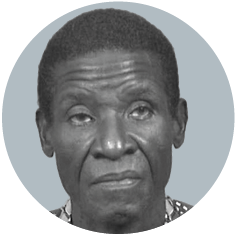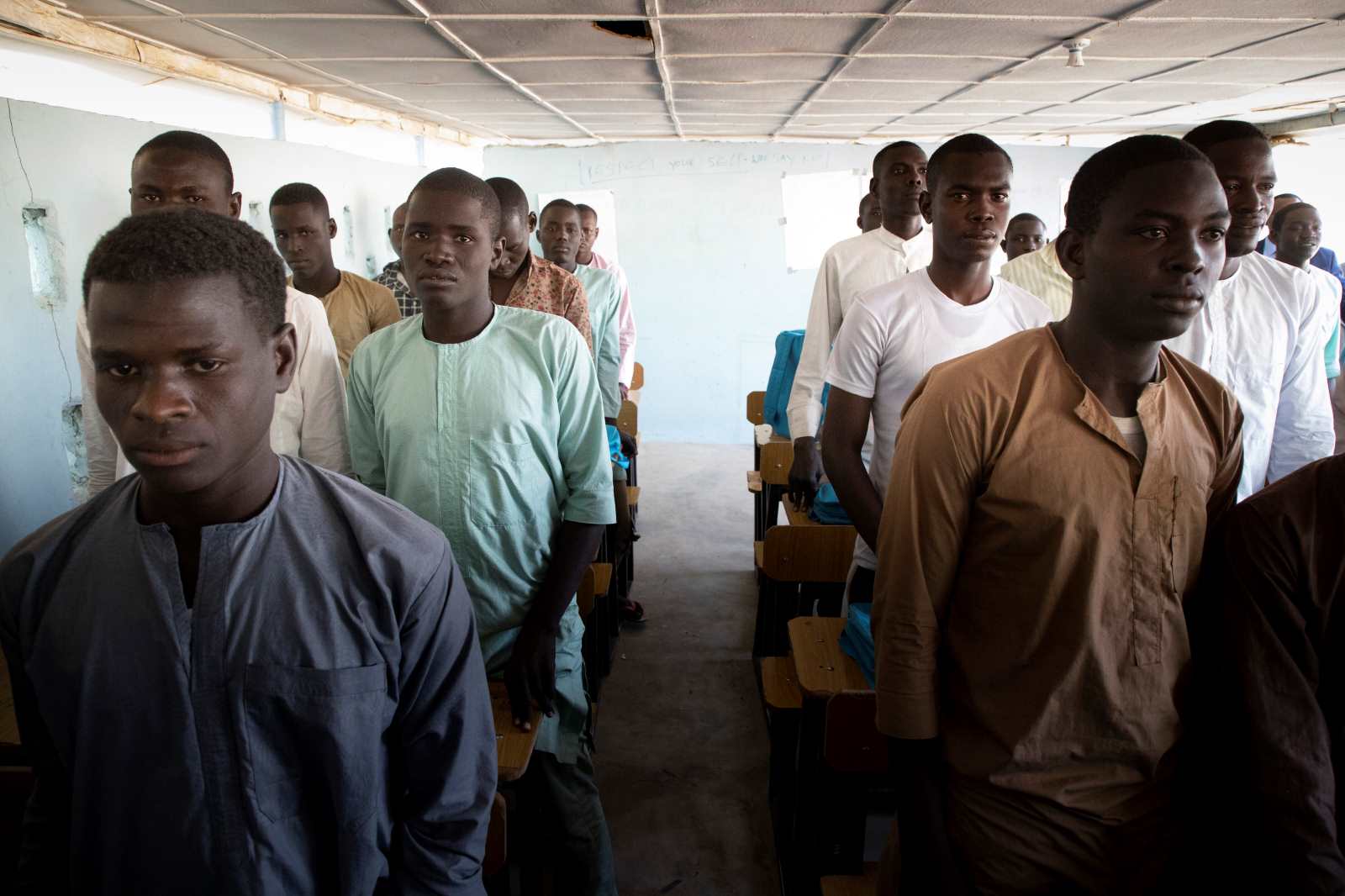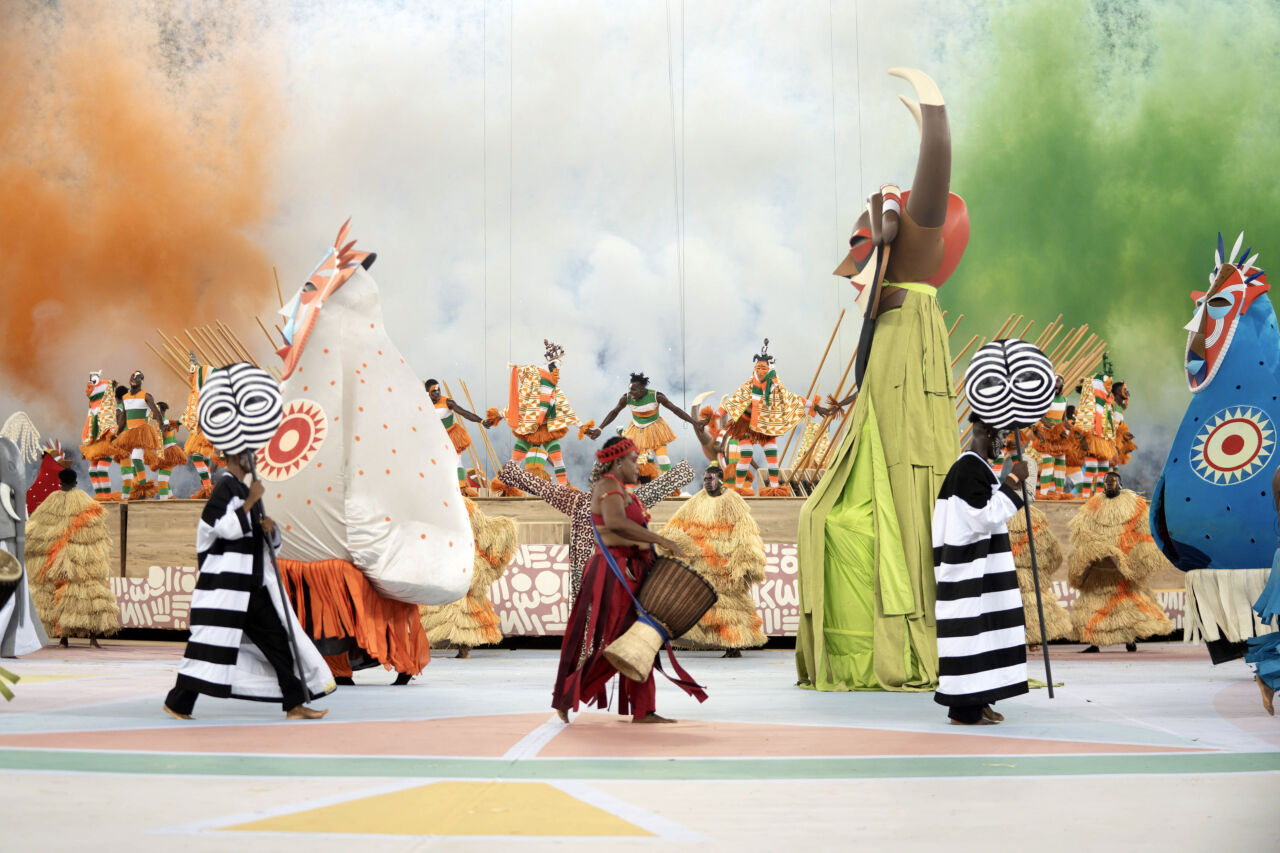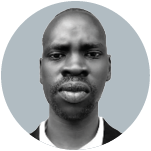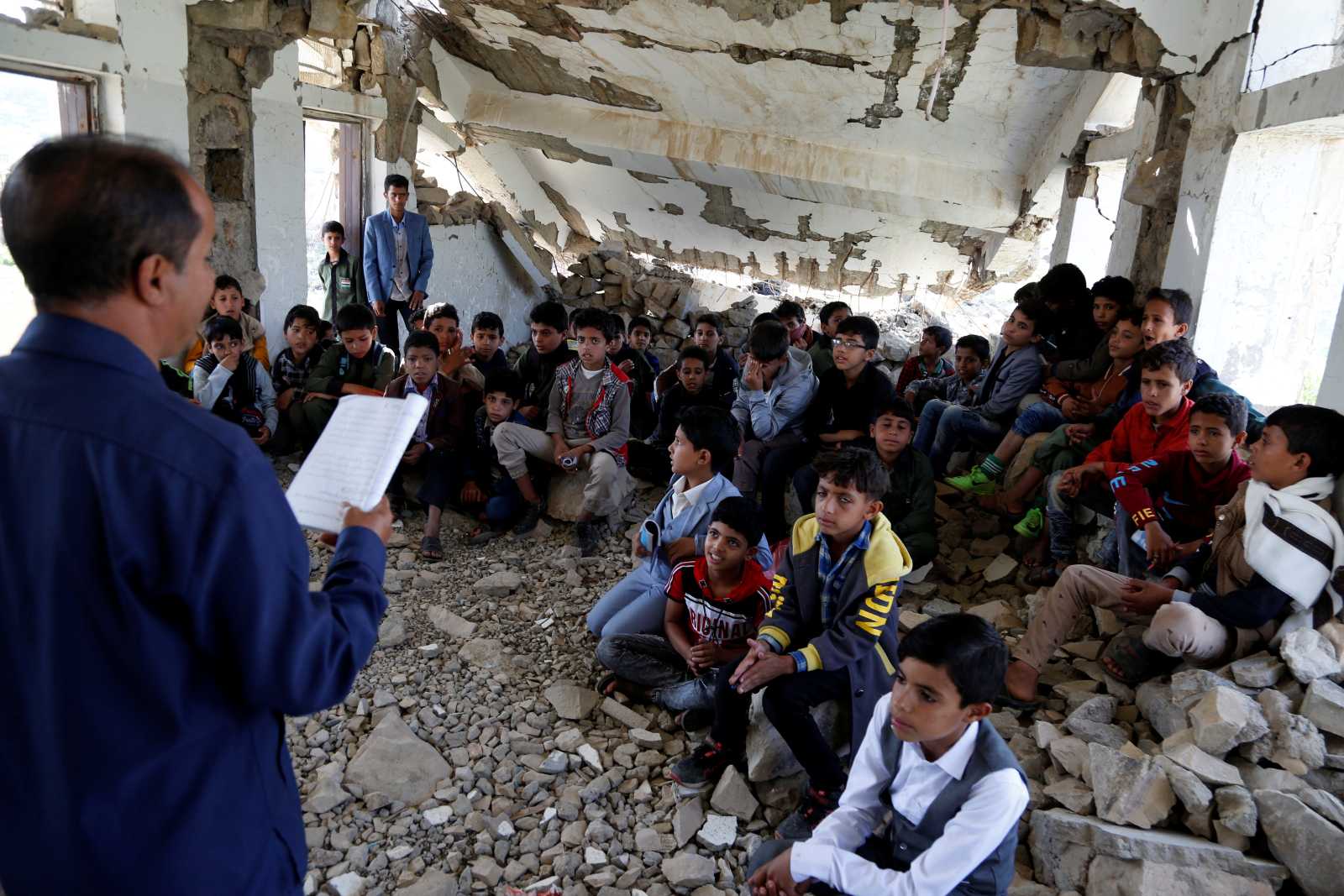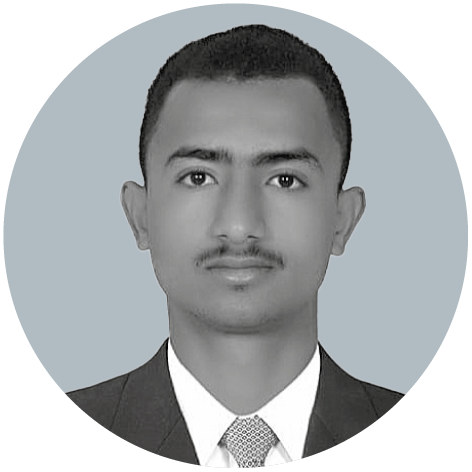Political engagement
Young people yearning for a peaceful Africa
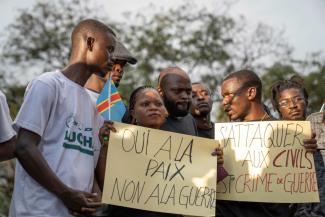
The Great Lakes Region in East Africa comprises the Democratic Republic of the Congo (DRC), Rwanda, Burundi, Uganda and Tanzania. Its history is characterised by bloody conflicts: from the Congo Crisis in the 1960s to the genocide against the Tutsi in Rwanda in 1994 and the current fighting in the east of the DRC. The countries in the region are still among the poorest in the world. They are home to numerous internally displaced persons. Traumatisation caused by violence characterises the everyday lives of many people.
The young people in the region were not spared either: many died in armed conflicts, were mutilated and had to leave their homes. Others were recruited by militias at a young age and forced to become perpetrators themselves under cruel circumstances.
In response to the fact that youngsters in the Great Lakes Region have been involved in violent conflicts for decades, the “Great Lakes Youth Network for Dialogue and Peace” was created. Young people are actively campaigning for peace here. For example, they are committed to the sustainable use of natural resources, since conflicts over resources harbour the potential for violence. Climate change is another important topic, as it also leads to conflicts, for example where it drives people from their homes. Good governance is an important aspect of the network’s work as well.
The project is funded by the EU and the Konrad Adenauer Foundation (KAS) and supported by five African civil-society organisations: Pole Institute (DRC), Vision Jeunesse Nouvelle (Rwanda), Actions for Democracy and Local Governance (Tanzania) as well as Cornerstone Development Africa and LéO Africa Institute (Uganda). The centre is located in Goma in eastern DRC, with initiatives in Tanzania, Uganda, DRC, Rwanda and Burundi.
The network offers exchange opportunities for youth organisations and other important players. The goal is to contribute to peace and stability, as project manager Jean Claude Twahirwa explains. “We aim to promote the active, cooperative and sustainable role of youth actions and initiatives for peace and stability. It is a crossroad between youth groups and stakeholders in politics, the private sector, civil society and the media,” he says.
Young people share their experiences
Activities include annual conferences at which young people strengthen their networks. At the most recent summer school, which took place in Tanzania in September 2023, about 120 young people shared their experiences. It covered sessions on international affairs and development, youth activism and confidence building, as well as responses to the climate crisis.
The gathering served as a launching pad for the establishment of the African Youth Coalition for Peace and Development, which extends beyond the Great Lakes Region to cover the whole African continent. Its mission is a united, peaceful and prosperous Africa. Representatives from Tanzania agreed to host the secretariat based in Mwanza.
It is a step towards what Pan-Africanist Kwame Nkrumah, Ghana’s first president, had yearned for: a united Africa with one government, passport, currency, army and a common foreign policy. The young people discussed related topics during their meeting in Tanzania. “If unity is good for Europe, as proved by the European Union, why not for Africa?” wondered a young person from South Kivu in the DRC.
It is worth remembering that when the Organization of African Unity (OAU), now the African Union (AU), was founded in May 1963, Africa was not ready to unite in a strong union of African states along the lines of the United States of America. Quite a few young people see things differently today, however. They want more unity in Africa – and less tribalism.
Pan-African efforts
The development partners present were quick to announce their readiness to support an expanded project to cover the whole of Africa. Tilmann Feltes, Country Director of KAS Tanzania, expressed the stakeholders’ commitment and emphasized that peace and conflict resolution were their main focus. Emilio Rossetti, Deputy Ambassador of the EU to Tanzania, explained that the EU was funding the project because it adheres to the principle of unity in diversity. Adhering to this principle, the 27 EU member states have not experienced armed conflict among themselves for a quarter of a century. Peace is also possible in the Great Lakes Region, he said.
In Tanzania alone, according to Yohana Madadi, senior officer in the Prime Minister’s office, there are more than 20 million young people between the ages of 15 and 35 in a country of 62 million inhabitants. He pointed out that in view of increasing unemployment and human trafficking, the government is concerned about their safety.
Fred Mwesigwa, the Ugandan High Commissioner in Tanzania, noted that peacebuilding was critical because it is the foundation for development in any political economy. Young people should avoid getting entangled in dangerous activities, he said.
In order to realise their vision of a peaceful Africa, young people need to have a say. They demand to be involved in political decision-making. Established politicians should take their peace efforts as an example. Good governance based on democratic principles is urgently needed. Political interests should be negotiated peacefully. The violence must finally come to an end.
Lawrence Kilimwiko is a journalist based in Dar es Salaam, Tanzania.
lkilimwiko@yahoo.com
